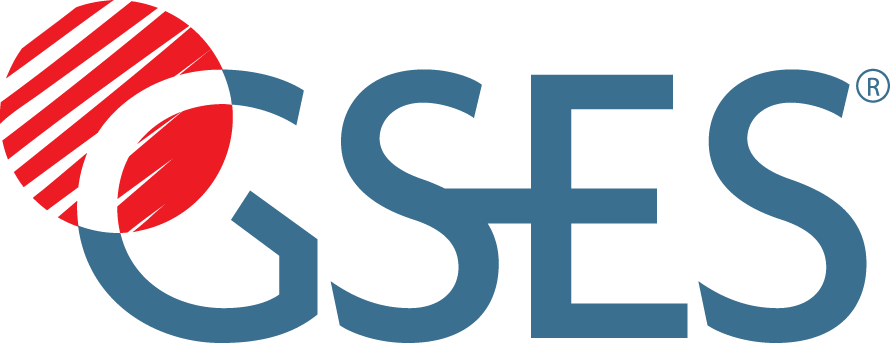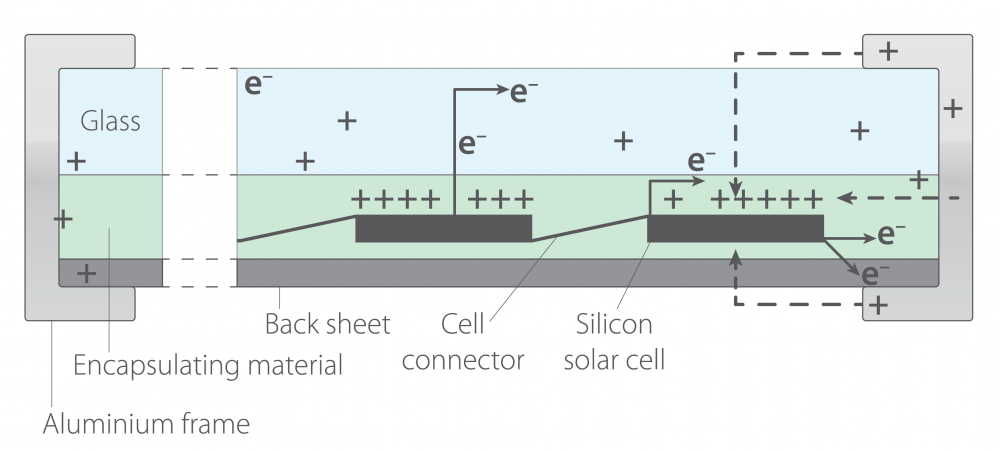Potential Induced Degradation (PID) is a process that occurs in photovoltaic (PV) cells when the system has a negative potential relative to the ground. As a result, the PV module’s efficiency decreases over time. Although PID is a relatively new concept and is not widely understood, techniques already exist to minimise its undesirable effects. The […]
Tag: gses
GSES Releases New eBook Publication: Solar Water Pumping Guide
Global Sustainable Energy Solutions Pty Ltd (GSES) announces the release of their first eBook publication: the Solar Water Pumping Guide. This comprehensive resource has been released to include the industry’s progression to the current revised industry best practices, system design and product criteria. Susan Neill, GSES Director, commented: “The need for reliable water supplies in […]
GSES releases a technical paper “Localised Networks and Demand Side Participation in the NEM”
Global Sustainable Energy Solutions Pty Ltd (GSES) has released a technical white paper, entitled Localised Networks and Demand Side Participation, covering the issue of the rise of embedded networks; how they can transition into micro grids and topological power plants, and also provide demand reduction in the National Electricity Market (NEM). The article explains what […]
GSES releases a technical paper: Hoverboards, fires, and residential battery storage
Global Sustainable Energy Solutions Pty Ltd (GSES) has released a technical white paper, entitled Hoverboards, fires, and residential battery storage, in response to the recent incidents surrounding the popular Christmas toy. The article explores the possible reasons for the recent fires in hoverboards and the implications of this in the developing distributed energy storage market. […]
GSES’ Professional Development courses for 2016 now available
Since October 2014, Global Sustainable Energy Solutions Pty Ltd (GSES) has been running a Continuous Professional Development (CPD) training day for accredited solar installers. Due to the success of these courses, GSES had developed a new set of three courses for 2016. The GSES CPD program offers installers the opportunity to complete all of their […]
New tech article about Professional Development in the Energy Storage Industry
GSES has released a new tech article about Professional Development in the Energy Storage Industry and who needs it? The ever increasing publicity and media surrounding ‘Energy Storage’ is promulgated by all sectors of the energy market: industry journalists, network operators, energy retailers, equipment retailers, wholesalers, system designers and installers. What training is currently available […]
New tech article about : I got 99 problems and a switch ain’t one!
GSES has released a new technical article about correct isolator installation and selection Correct isolator selection and installation is an extremely important aspect of ensuring PV systems are safe and up to standard. Through the extensive inspection work that GSES has conducted, and feedback from industry, interpreting isolator data sheets can be tricky for many […]
New tech article about State FITs ending
GSES has released a new technical article about State FITs ending and what will happen next? Next year at about this time, three states will terminate part of their feed-in-tariff programs: Victoria’s Transitional and Standard Net metering programs end on 31 December 2016, South Australia’s Customer Group 4 Net metering program ends on 30 September 2016 and New South Wales’ $0.60/kWh […]
New tech article: Overview of incoming PCE requirements in AS/NZS 5033:2014
GSES has released a new technical article about the incoming PCE requirements in AS/NZS 5033:2014 This article gives an overview of the incoming Power Conversion Equipment requirements in the Australian and New Zealand Standards. AS/NZS 5033:2014 states that the transition period for Power Conversion Equipment (PCE) will end on July 11th, 2015. After this date, […]
New tech article about Microgrids
GSES has released a new technical article about Microgrids. This article explains what is meant by a ‘Microgrid’, their monitoring and control systems, a case study from Germany and the future of micro-grids in Australia. The business community and consumers are continually expressing their concern regarding climate change, energy security and the increasing price of […]

